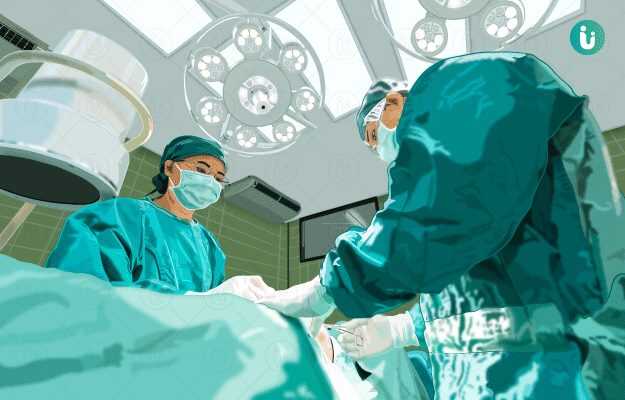Summary
Penectomy is the removal of a part of or the whole penis. It is done as a part of gender reassignment surgery or for the treatment of penile cancer. In case of penile cancer, the type of penectomy depends on where the tumour is located. It could be partial or total. The purpose of this treatment is to remove cancer that causes symptoms. Penectomy is performed under general anaesthesia and may need a hospital stay of two to three days. The complications of the surgery are bleeding, infection, or formation of blood clots. You may need to visit the doctor six to eight weeks after the surgery for a follow-up.






































